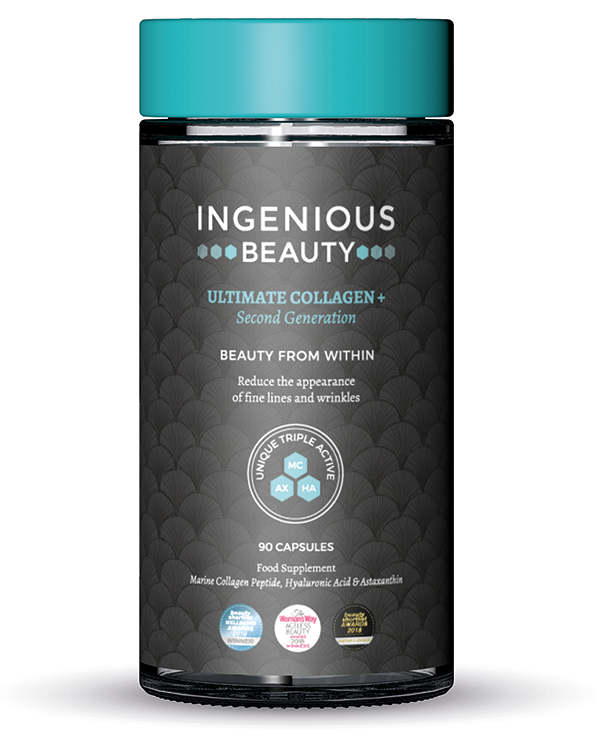Report introduction: At a glance
What's in this report?
Introduction
Top 5 trends:
3. Entry advice
Consumer usage and attitudes to beauty supplements
Key challenges addressed
Beauty supplements reached record highs in 2020, with more female consumers using the products as part of their daily routines than ever before. But the category still has a very long way to go before it reaches mainstream use. In the UK only 3% of women take beauty supplements regularly, according to Kantar.
Cost remains one of the main barriers, says Matt Maxwell, Strategic Insight Director of Kantar. “We’re not talking about cheap products here, so there is always going to be a large portion of the population that don’t have the disposable income to spend on a beauty supplement.
"It will be interesting if we start to see brands introduce products at a more accessible price-point, but still with great ingredients and clearly talking about the science behind the products.”
Even within the total supplement market, 60% of UK female consumers and 73% of Americans (source: Kantar, CRN) take any form of vitamin or supplement, and Maxwell says: “There’s plenty of headroom for brands to target people who are taking vitamins already, but convincing consumers who don’t take anything that it’s a great way for them to enhance their beauty regime, is not an easy task.”
The answer – as always in this category – comes down to education. Fiona Glen, Head of Projects at The Red Tree, says: “Explaining to consumers how supplements work, and what they will do, is difficult to communicate, but it’s also the key to letting consumers know why they should take them.
"Equally, educating consumers about how long they should take them and how frequently, before they see results is vital to help prevent consumers from losing interest.”
More education is also required around ingredients. A 2019 survey by US-based insight company Trust Transparency Centre found “significant education gaps” with collagen, prebiotics, turmeric and astaxanthin, presenting further challenges for uptake.
Perhaps more damaging than the lack of consumer education in this category is the abundance of confusing and conflicting information that is. “We are constantly in a battle to dispel inaccuracies and myths,” says founder and CEO of collagen supplement brand Ingenious, Pupinder Ghatora.

Misleading or unsubstantiated claims are a further issue that threatens consumer trust. “Consumers are often misled into believing a product has been clinically proven, when in fact it is one of the active ingredients that has had a trial carried out, not the formulation that the consumer is taking,” says Ghatora.
“In many cases the company is not even using the correct amount of an ingredient yet still quotes clinical trial findings where a higher dose is used than the dose in their supplement.
"The reason most of these companies get away with making these claims is because their products are classed as food supplements and therefore have less regulation – except for the ASA, but this is a reactive regulator, so companies can make claims and get a ‘slap on the wrist’ after the event and change their message.”
Ingenious recently announced the results of its own independent, double-blind and placebo-controlled clinical trial, and Ghatora says that other brands that can show a clinical trial that has been carried out correctly and with a suitable sized cohort, will build trust with the consumer: “This will lead to more recruitment and also as important, more retention.”




